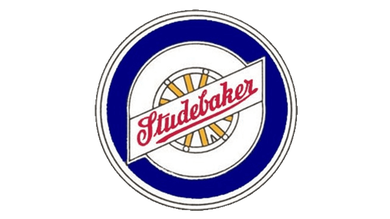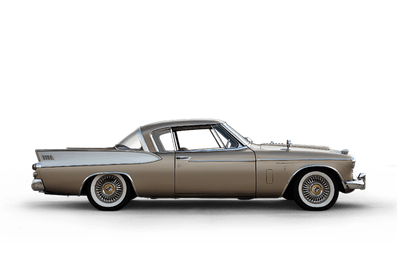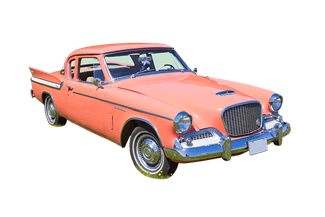STUDEBAKER Car PDF Manuals
Studebaker Cars History
There're 3 STUDEBAKER car shop service manuals PDF, electric wiring diagrams.
Studebaker of South Bend, Indiana has a history of over 110 years.
More than half of this period, from 1852 to 1920, the company produced carts and horse-drawn wagons.
In 1902, it began building electric cars, in 1904, Studebaker-Garford gasoline cars.
In 1911, as a result of the merger with EMF (Everitt-Metzger-Flanders), it became a corporation and ranked 3rd in the ranking of American automakers after Ford and Willys-Overland.
In the 20s. successfully sold 6 and 8-cylinder models of the middle and upper classes, but attempts to compete in the budget segment of the market with separate brands Erskine (1927-1930) and Rockne (1931-1933) ended in failure.
The Great Depression dealt Studebaker a severe blow: in 1933, the corporation was declared bankrupt, and its president, Albert Erskine, committed suicide.
During the subsequent restructuring, the firm got rid of the unprofitable luxury brand Pierce-Arrow, which had belonged to it since 1928.
By the end of the decade, the financial situation stabilized thanks to the introduction in 1939 of the inexpensive Studebaker Champion model, developed in collaboration with the famous designer Raymond Loewy.
After the war, Studebaker was the first American company to restyle its models (1947-1949), again using the services of Raymond Loewy Associates.
Subsequently, Raymond Loewy designed cars 1950-1951. bullet-nose, "European" Loewy Coupes 1953-1955 and the Studebaker Hawk (1956-1964) that replaced them, as well as the famous Studebaker Avanti (1962-1964).
But Lowy's stylistic tastes ran counter to the American fashion of the 50s, which did not contribute to high sales.
In 1954, Studebaker was rescued by Packard, which merged with him to become part of the American Motors concern.
The merger with AMC never took place, so in 1956 the corporation again found itself on the verge of bankruptcy and was forced to close the Packard plant in Detroit.
It was then given a life extension by the compact Lark model (1959-1963), introduced just in time for the start of the economic recession.
In December 1963, the main Studebaker plant in South Bend stopped working, but the brand lasted another 27 months at the expense of the Canadian branch.
The last Studebaker was built in Hamilton (Ontario) in March 1966, although the Avanti model was produced under its own brand for another 40 years.



